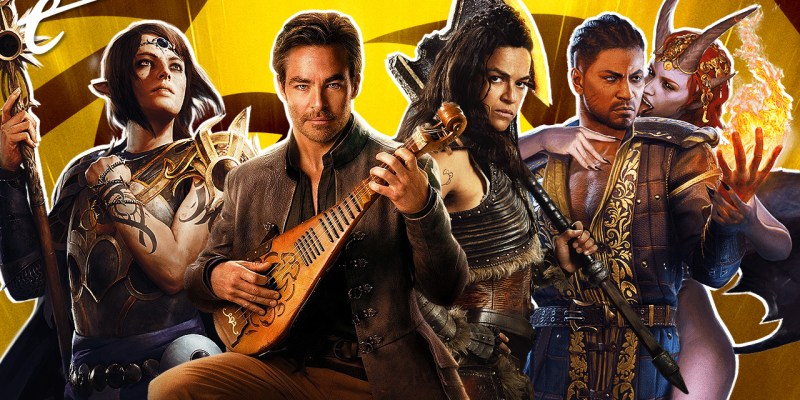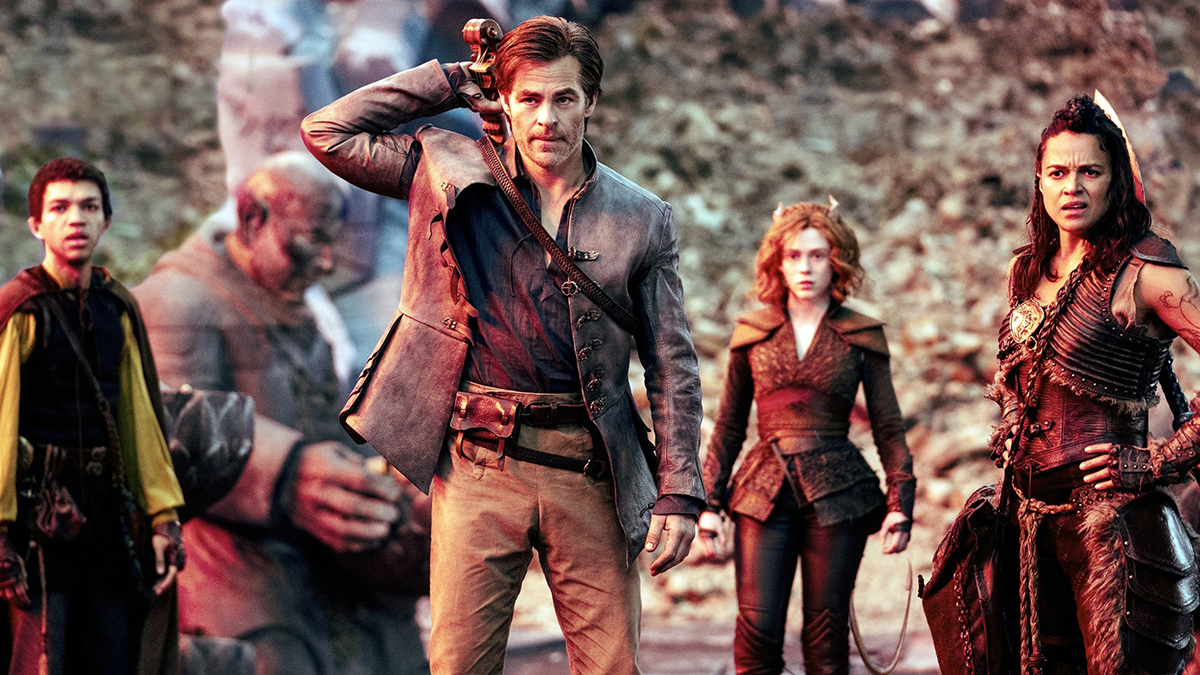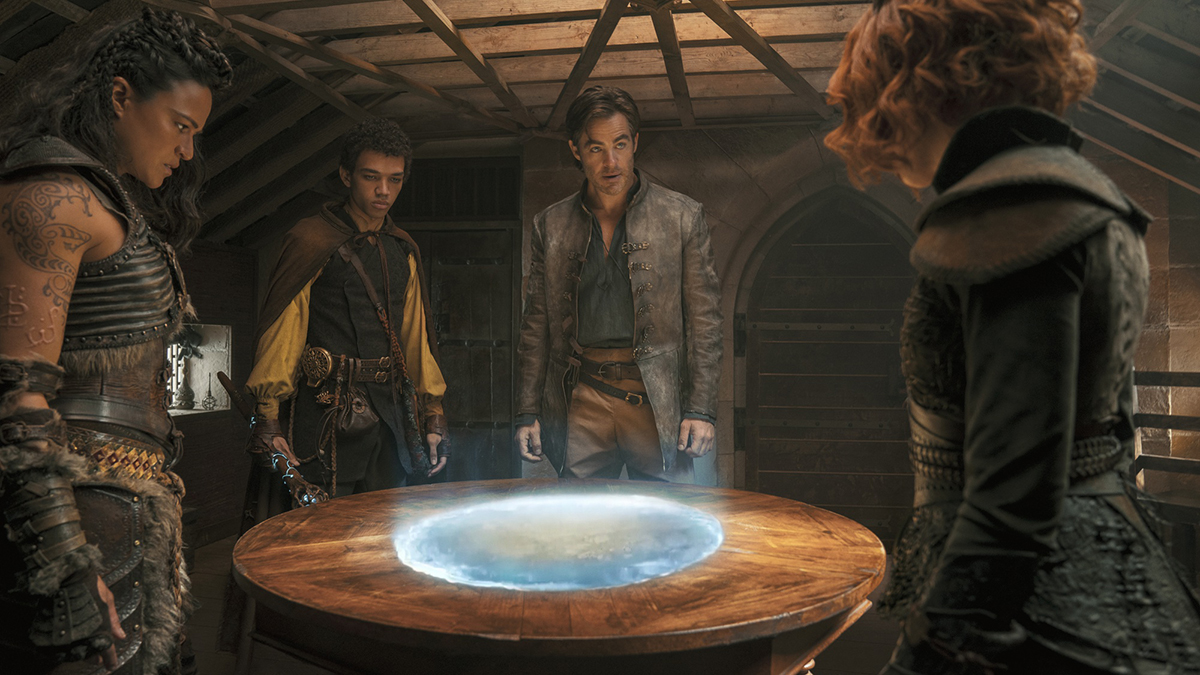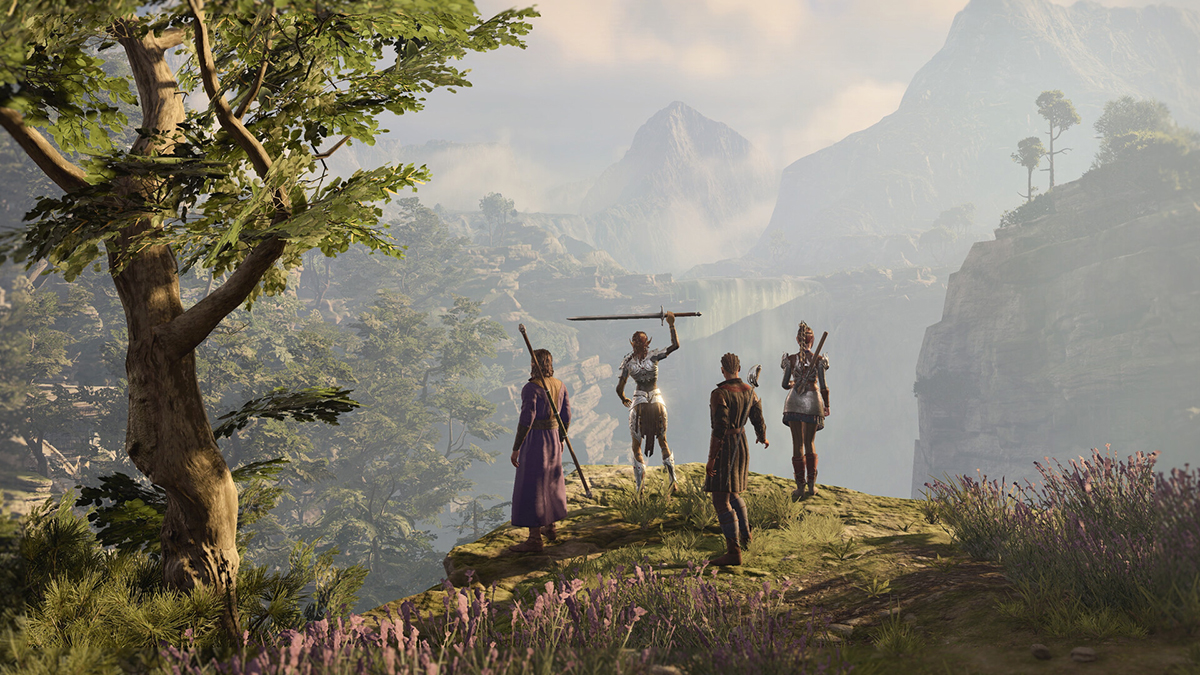It appears that, much like what happened with The Legend of Zelda: Tears of the Kingdom three months ago, we’ll be discussing Baldur’s Gate 3 for a while, even though it hit early access in 2020. It’s almost Starfield time, yet half the internet seems to be absorbed by Larian’s latest CRPG, which is such a crowning achievement that it’s become 2023’s best-reviewed game and one of Steam’s biggest launches ever.
Personally, I’ve been progressing at a rather sluggish pace through Act 1, mostly due to my other gaming commitments (both work-related and for 100% fun), but also because it’s a classic RPG that demands plenty of attention and respect. I just cannot see myself rushing through it and going “yeah, that was great” having missed big chunks of all the lovely stuff it has to offer. It’s also the kind of Western RPG that’s both ambitious and truly massive without losing sight of its unique voice, a marked contrast from the usual “RPG lite” school of design that’s now plaguing countless AAA releases.
Starfield will surely jolt up the current trend in its own way through Bethesda Game Studios’ brand of player choice and reactive sandbox structure, but it’s great to finally have CRPGs breaking into the mainstream and showing everyone that denser systems shouldn’t push away casual players if they’re executed and presented well enough. More importantly, Baldur’s Gate 3 excels at repackaging the signature “controlled chaos” of tabletop Dungeons & Dragons and delivering a pretty faithful take on the Forgotten Realms setting that, somehow, is barely limited by the constraints of a big-budget video game.
The Dungeons & Dragons IP is no stranger to video games. Mind you, it probably isn’t as relentlessly productive in this realm as Warhammer 40K nowadays, but anyone that has been gaming for a couple of decades can name a few titles based on Wizards of the Coast’s golden goose. Still, developers have traditionally struggled to capture its most defining traits, and that goes beyond the surface-level aspects of things like game rules and settings. A lot of what makes Dungeons & Dragons so enduring boils down to the community that has been built around it and how players, both veteran and casual, interact with the game rules. Over time, this has even affected the original game itself and many works born from it. In summary: we like to goof around in the Forgotten Realms and beyond.
Dungeons & Dragons: Honor Among Thieves rolled a natural 20 with critics and audiences earlier this year, but that didn’t save the third attempt at bringing the IP to the big screen from a poor box office performance. It did, however, instantly earn itself a place among the best-ever modern fantasy films (of which there aren’t many), enchanting both the critics and the moviegoers that showed up before Super Mario started diggin’ up gold coins. The trick? Leaning on the funnier, improv-heavy DNA of Dungeons & Dragons instead of using the Forgotten Realms as an interchangeable backdrop for a mid take on The Lord of the Rings’ grand – and almost impossible to recreate – scale.
In Honor Among Thieves, the main characters can hardly be defined as heroes, similar to the Guardians in James Gunn’s Guardians of the Galaxy films (the clearest of its non-fantasy narrative influences). The “band of misfits learning to work together to save the world” angle might have been overdone in recent years, but it was the perfect fit for the setting and the kind of adventure the D&D property asks for. Baldur’s Gate 3 also understands this, and it becomes apparent as soon as its bombastic intro cinematic ends.
The true freedom of choice Larian entrusts the players with kicks off with the option to straight-up ignore potential companions and step into the unexpected adventure on your own, at least for a while. It’s every person for themselves… if you’re a jerk, much like Hugh Grant’s character in Honor Among Thieves. There’s always a self-centered jerk in D&D parties, and the film uses that to set up a different kind of villain. Of course, a big realm-ending threat soon rears its ugly head, but building an entire D&D film around the idea of screwing over the former companion who, well… screwed everyone over last campaign, is funny as shit.
Perhaps Baldur’s Gate 3 is too limited by its gaming heritage (two damn great CRPG classics) to provide its own twists and metacommentary on the D&D formula, but it instead focuses on giving players total control (for better or worse) over a zany story that offers exquisite derailing opportunities at every turn. The obvious triumph here is the colorful cast of characters, all flawed but charismatic in a way few RPG developers can crack, but Larian also totally gets the importance of telling stories within stories through natural exploration and experimentation. You know, the kind of memorable tales that make D&D so awesome.
Again, this kind of “unpredictable” storytelling is something Bethesda excels at, and we can’t wait to see how they’ve evolved their approach to narration with Starfield, but it’s abundantly clear that BG3 knows who its parents are – the tabletop game and the first two entries, developed by BioWare – and acts in consequence. On my way to a goblin camp, I got sidetracked when I came across some guys accusing an old woman of being a witch, and that triggered an entirely different adventure. Not a quest, but a whole new storyline that could take up hours, much like if I was playing pen-and-paper D&D with some friends — something that can also be recreated with the online co-op on offer.
Hell, even getting from the first major area to the next entails two different adventures: either taking a 100% perilous mountain path, or hoping for the best in the Underdark (a detour the aforementioned film also explores with hilarious results). If I were playing tabletop D&D, either trip would surely last several hours because of all the weird shit the dungeon master would pull, plus the usual player hijinks. In Baldur’s Gate 3, it’s pretty much the same. The journey – and all the different ways in which you can muck it up – is the most important part of the overarching story.
Looking back at Honor Among Thieves, it’s easy to see it honored the source material because the filmmakers understood the assignment, which was to allow themselves to have fun with it. At the end of the day, Dungeons & Dragons is literally the friends we made along the way. Baldur’s Gate 3 also embraces this conception of its universe and then goes wild with it. There are tints of Dragon Age in there for sure (you can’t erase its BioWare past), but it’s an entirely different kind of interactive fantasy romp, one we’ve missed experiencing on such a ridiculous scale for years.



